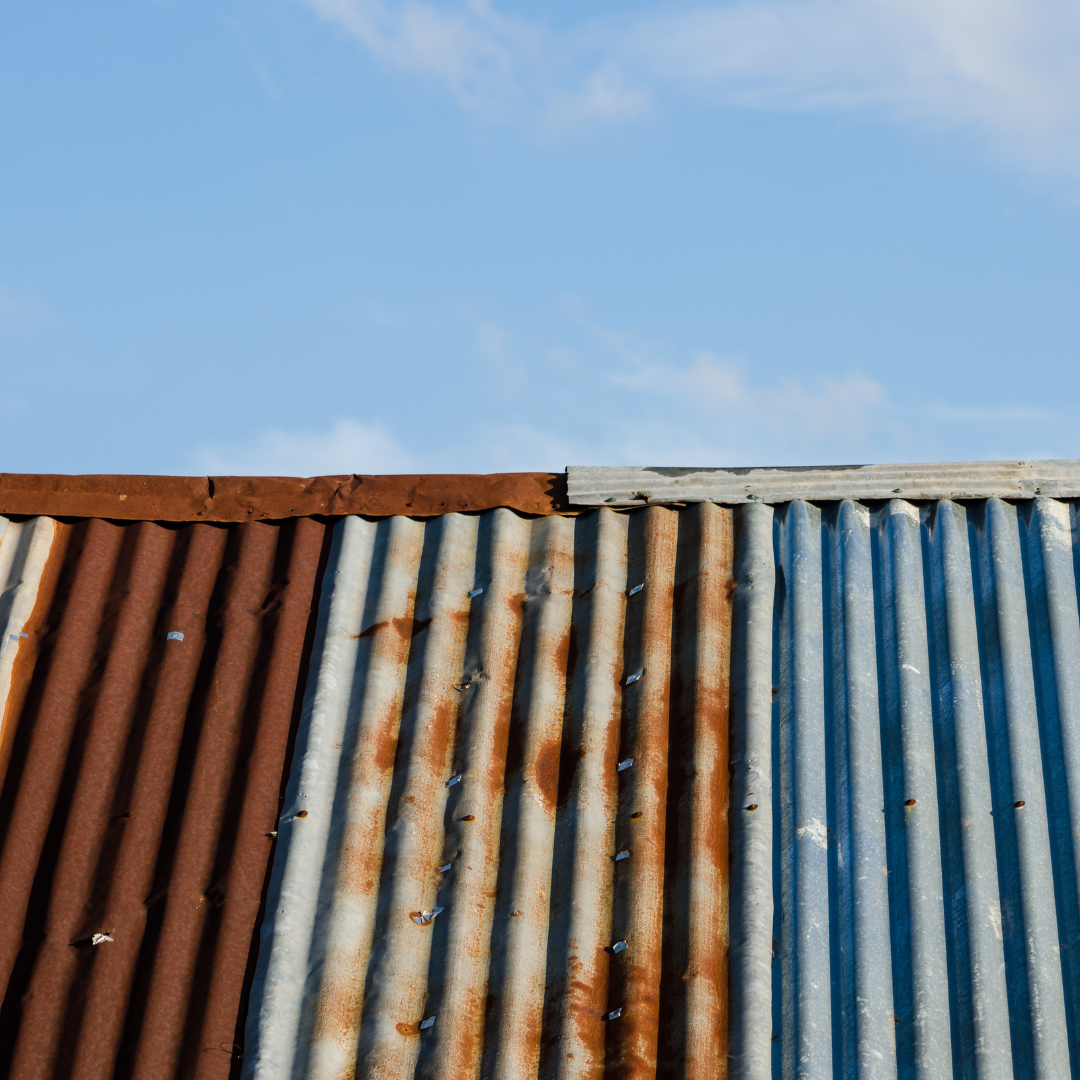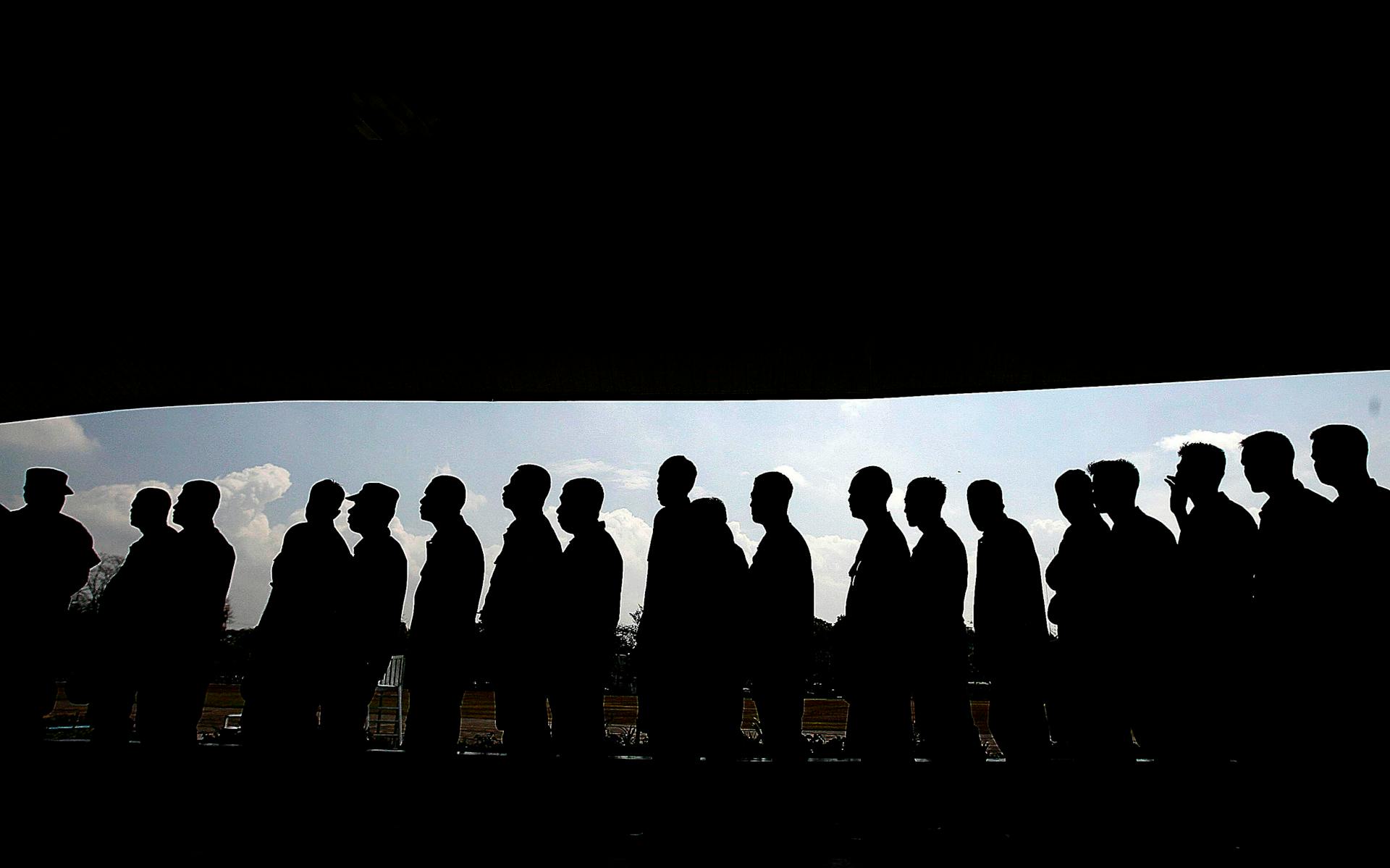Is your metal roof showing signs of rust? Don’t let rust compromise the integrity of your roof! Understanding how to remove rust from a metal roof can save you from costly repairs and extend your roof’s life. Let’s dive into practical steps to tackle rust and
.

Why Does Metal Roof Rusting Occur?
Metal roofs, though durable, are prone to rust due to exposure to moisture, oxygen, and other elements. Rust forms when the protective coating on metal breaks down, exposing it to oxidation. Over time, this can lead to corrosion, weakening the structure and appearance of your roof.
Key Causes of Metal Roof Rusting:
- Moisture Exposure: Rain, snow, and humidity accelerate the rusting process.
- Scratches or Damaged Coating: Any break in the protective layer can expose the metal to the elements.
- Aging: As the roof ages, its protective coatings wear down, increasing the risk of rust.
- Chemical Exposure: Pollutants and chemicals in the air can speed up oxidation.
How to Remove Rust from a Metal Roof
Addressing rust early can prevent it from spreading and causing further damage. Here’s a step-by-step guide on how to remove rust from your metal roof:
1. Safety First: Prepare the Area
Before starting, ensure you have the necessary safety gear:
- Gloves
- Safety glasses
- Non-slip shoes
- Sturdy ladder
Make sure the weather is dry to prevent slips and ensure the roof surface is stable.
2. Clean the Affected Area
Start by cleaning the rusted area to remove dirt, debris, and loose rust particles. Use a wire brush or sandpaper to scrub the surface thoroughly. This step is crucial for exposing the full extent of the rust.
3. Apply a Rust Remover
Once the surface is clean, apply a rust remover. There are various commercial rust removers available that are designed for metal roofs. Follow the manufacturer’s instructions carefully to ensure effective rust removal. Let the remover sit for the recommended time to allow it to break down the rust.
4. Rinse and Dry the Area
After the rust remover has done its job, rinse the area with clean water to remove any residue. Ensure the area is completely dry before proceeding to the next step, as moisture can lead to further rusting.
5. Apply a Rust Inhibitor
To prevent future rusting, apply a rust inhibitor to the cleaned area. Rust inhibitors form a protective barrier, stopping oxidation in its tracks. Make sure to cover all exposed metal surfaces.
6. Repaint the Area
Finally, apply a primer and then repaint the affected area. Choose a paint that is specifically designed for metal roofs and offers weather-resistant properties. This will restore the roof’s appearance and provide an additional layer of protection against rust.
Preventing Rust on Your Metal Roof
Prevention is better than cure! Here are some tips to keep your metal roof rust-free:
Regular Inspections: Periodically check your roof for any signs of damage or wear. Early detection of rust can prevent major issues.
Maintain the Protective Coating: Reapply protective coatings or paints as recommended to keep the metal sealed against the elements.
Prompt Repairs: Address any scratches, dents, or damage immediately to prevent exposure to moisture.
Clear Debris: Keep your roof clean and free of debris, which can trap moisture and lead to rust formation.
Table: Tools and Materials for Rust Removal
| Tool/Material | Purpose |
|---|---|
| Wire Brush/Sandpaper | Scrubbing off rust and debris |
| Rust Remover | Dissolving and removing rust |
| Water Hose/Bucket | Rinsing away residue |
| Rust Inhibitor | Preventing future rust |
| Primer and Paint | Repainting and protecting the surface |
FAQs About Metal Roof Rusting
1. Why is my metal roof rusting?
Metal roofs rust due to exposure to moisture, oxygen, and damage to the protective coating.
2. How can I prevent rust on my metal roof?
Regular maintenance, applying protective coatings, and prompt repairs can prevent rusting.
3. What should I use to remove rust from my metal roof?
Use a wire brush, rust remover, and rust inhibitor for effective rust removal.
4. Can I paint over a rusted metal roof?
Yes, but the rust must be removed first. Then, apply a primer and paint designed for metal roofs.
5. How often should I inspect my metal roof for rust?
Inspect your roof at least twice a year, and after major storms, to catch any signs of rust early.
Conclusion
Rust on a metal roof is a common issue, but it doesn’t have to lead to extensive damage. By following these steps, you can remove rust effectively and prevent it from returning. Regular maintenance and timely repairs are key to extending the life of your metal roof.
Don’t let rust undermine the integrity of your roof—take Action today and keep your roof in top shape!


